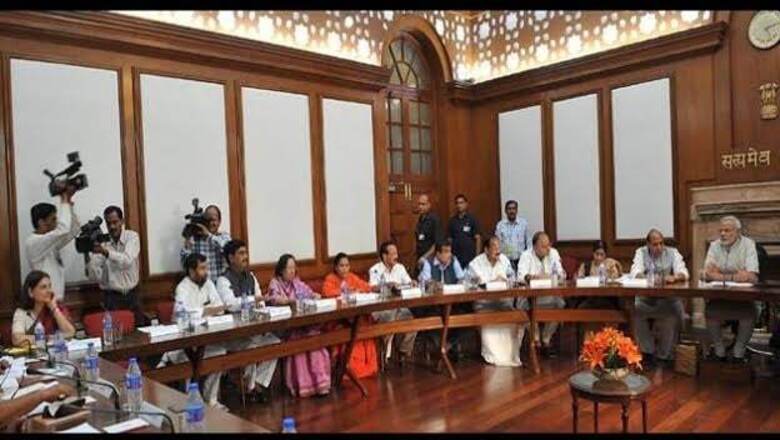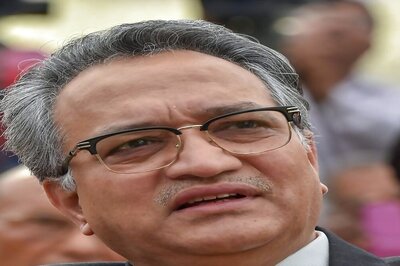
views
New Delhi: Endorsing the government's proposal to liberalise FDI in the country's defence sector, Ficci on Friday said that the move will raise manufacturing capability and could be used to achieve self reliance in critical defence technologies.
"Ficci welcomes the proposal put forth by the Ministry of Commerce & Industry to enhance foreign direct investment (FDI) levels in defence beyond 26 per cent to higher levels up to 49 per cent, 74 per cent or even 100 per cent in exceptional cases," the industry body said.
"While higher levels of FDI were already allowed in the existing policy, on a case-to-case basis, Ficci sees this proposal in the light of increasing the share of manufacturing in GDP to 25 per cent as enshrined in the National Manufacturing Policy," it said.
The Commerce and Industry Ministry has prepared a draft Cabinet note for liberalising FDI in the defence sector to boost domestic manufacturing and reduce dependence on imported equipment.
Recognising the strategic nature of the defence sector, the chamber advocates putting in place adequate safeguards while deciding higher levels of FDI in defence production. FDI up to 100 per cent should be allowed as exception on a case-to-case basis, in cases such as aircraft engines, advanced missile guidance systems, production of smart materials, high strength carbon fibre, etc, for which investments can be justified only by volumes available through integration with the global supply chain of the Original Equipment Manufacturers (OEMs), it said.
Pointing out that the current level of seventy per cent imports of defence equipment by India is not in sync with the country's aspiration to be a global super power, Ficci strongly advocates the need for absorption of "know-why" in critical defence technologies for achieving self-reliance through higher levels of indigenisation.
Backing FDI enhancement to 49 per cent from 26 per cent through "automatic route," Ficci suggests raising FDI up to 74 per cent through the Foreign Investment Promotion Board (FIPB) route subject to conditions such as Board members in Joint Venture companies being Indians or Person of Indian Origin and mandating the Indian partner to get integrated into the global supply chain of the foreign OEM.
Maintaining that 100 per cent FDI, in-principle, should be considered only in very specific cases, it suggests norms like foreign OEM should establish an OEM with full-fledged design, development & manufacturing unit in India and creation of fully funded Centers-of-Excellence in India for identified critical technologies.



















Comments
0 comment